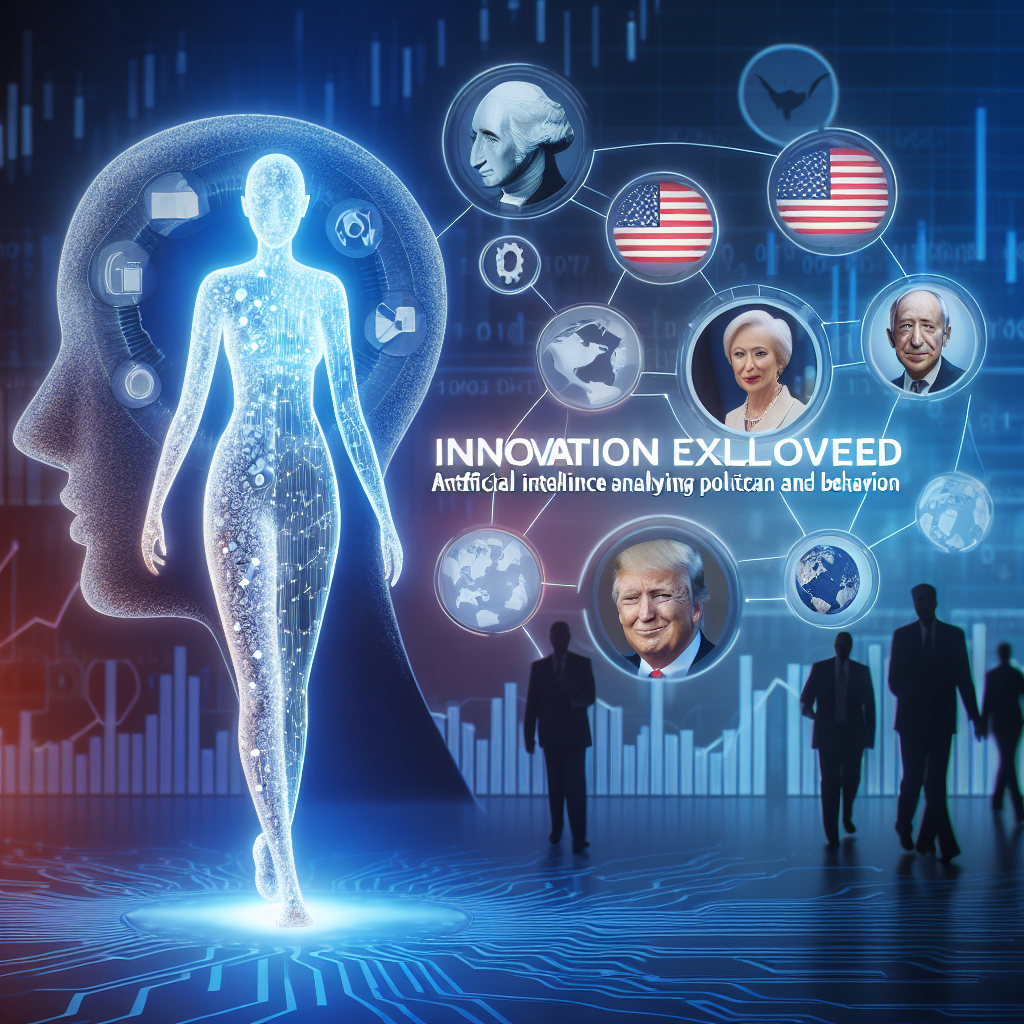“`html
Understanding AI in Political Analysis: Your Questions Answered
Hello there! Ever wondered how artificial intelligence is shaking things up in the world of politics? You’re not alone. Today, we’re going to dive into some of the most common questions people have about AI in political analysis. So, grab a cup of coffee, and let’s get started!
What Exactly is AI in Political Analysis?
Great question! At its core, AI in political analysis involves using advanced algorithms and machine learning techniques to understand and predict political trends, voter behavior, and policy impacts. Imagine having a crystal ball that helps political analysts make sense of large data sets – that’s essentially what AI does. And the best part? It can process information much faster than humans, giving analysts a significant edge.
How Does AI Help in Predicting Election Outcomes?
Aha, the million-dollar question! AI can analyze a vast array of data such as social media comments, historical voting patterns, and demographic information to forecast election results. **Machine learning models** identify trends that might not be obvious to the human eye, improving both the speed and accuracy of predictions.
Is AI Reliable in Political Analysis?
This is an important one. Like any tool, the effectiveness of AI depends largely on how it’s used. When the right algorithms are combined with quality data, AI can be incredibly reliable for political analysis. It’s crucial, however, to remember that AI predictions are as good as the data fed into them. Inaccuracies usually arise from biased or insufficient data.
What are the Ethical Considerations?
Ethics are paramount in AI. With great power comes great responsibility, right? Here are some key considerations:
- Data Privacy: Ensuring that voters’ data is used responsibly and ethically.
- Bias: Avoiding bias in AI models is critical to prevent skewed or unfair outcomes.
- Transparency: It’s important for AI models to be transparent so stakeholders understand how decisions or predictions are made.
What Benefits Can AI Bring to Political Analysis?
AI offers several benefits that make it a valuable tool in political analysis:
- Improved Decision Making: By processing vast amounts of data, AI helps decision-makers gain insights more quickly and efficiently.
- Enhanced Engagement: Analyzing social media trends allows for better engagement strategies.
- Resource Optimization: Governments can optimize resource allocation by predicting policy impacts effectively.
How Can We Trust AI in Political Analysis?
Trust is built on transparency and accuracy. It’s essential for AI systems to be transparent in their processes and free from bias. Regular audits and validations of these systems, coupled with the involvement of ethical AI practices, help establish trust.
In conclusion, AI in political analysis is an exciting frontier that offers great potential but requires careful handling. As this field evolves, staying informed and engaged is key. Thanks for joining this conversation – we hope you found it insightful!
Got more questions? Feel free to ask, and let’s keep exploring this fascinating topic together.
“`
